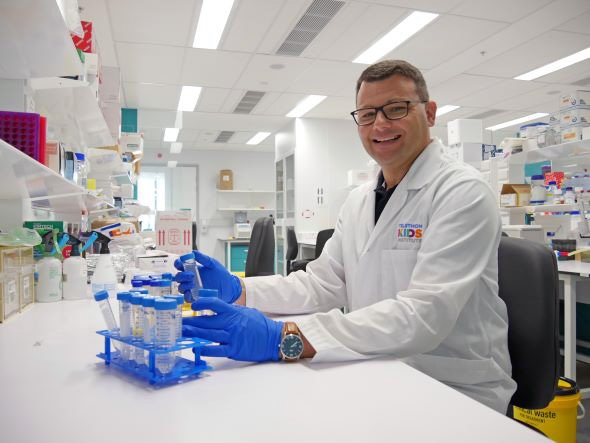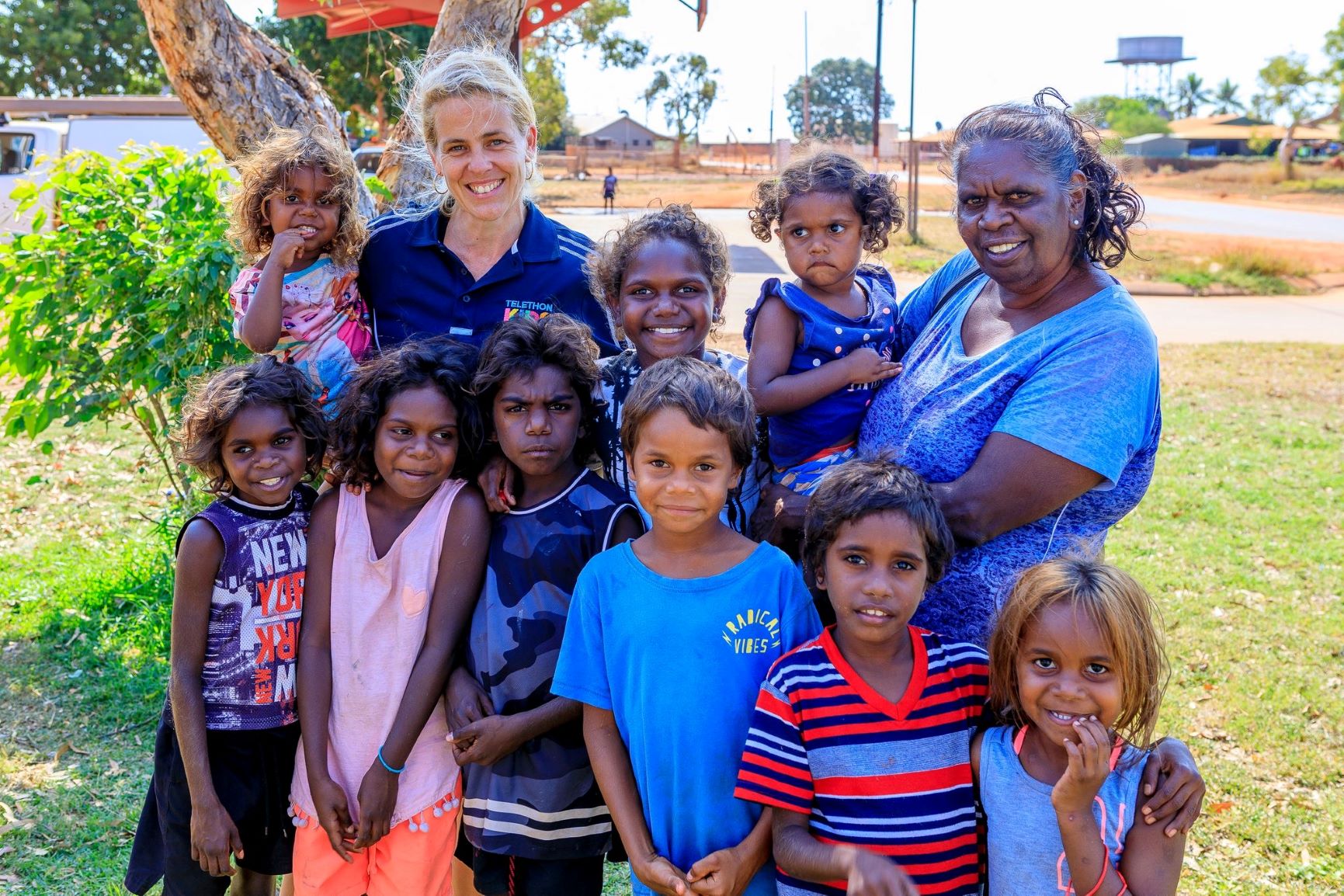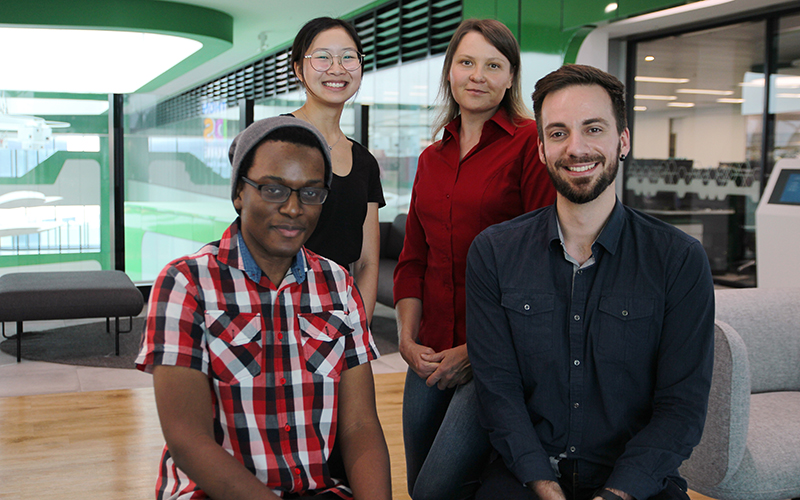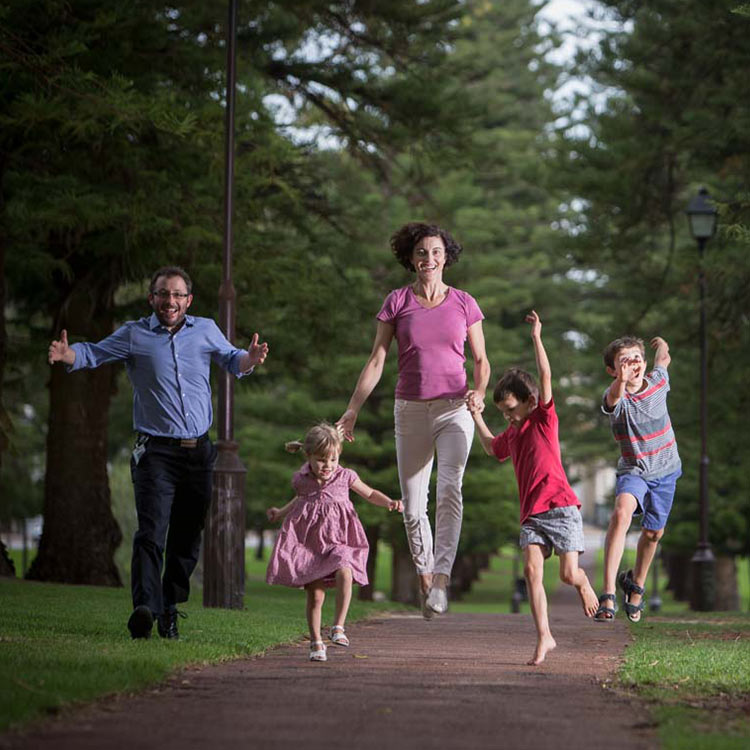Search

News & Events
New study to find COVID-fighting properties in existing medications thanks to national grantNearly 50 existing prescription medications already used by Australians will be tested by new research in the fight against COVID’s mutant variants.

Respiratory illness accounts for 12% of the age-standardised gap in mortality between Indigenous and non-Indigenous Australians.

The Artificial Intelligence team at the Wal-yan Respiratory Research Centre is dedicated to delivering AI solutions for major challenges in respiratory healthcare and research.

Learn more about the Focus areas for the Wal-yan Respiratory Centre

Please contact the team early (at the stage of project design and budgeting) to ensure the most appropriate physiological test is selected with adequate funding.
With backgrounds spanning the globe, members of our team have come together to support the vital work of The Kids Research Institute Australia, to ensure we impact kids everywhere.
The birth of Channel 7 Perth's Telethon in 1967 happened of all places - on a golf course. Read more about how this massively successful event was created.
Parents may be concerned that social media is teaching their children that they’re not good enough because of the impossible standards which are set.

In 2014, Wesfarmers committed $5 million over 4 years to The Kids' research to set up the Wesfarmers Centre of Vaccines and Infectious Diseases.
Two major groups that provide valuable connections to our donor community.
